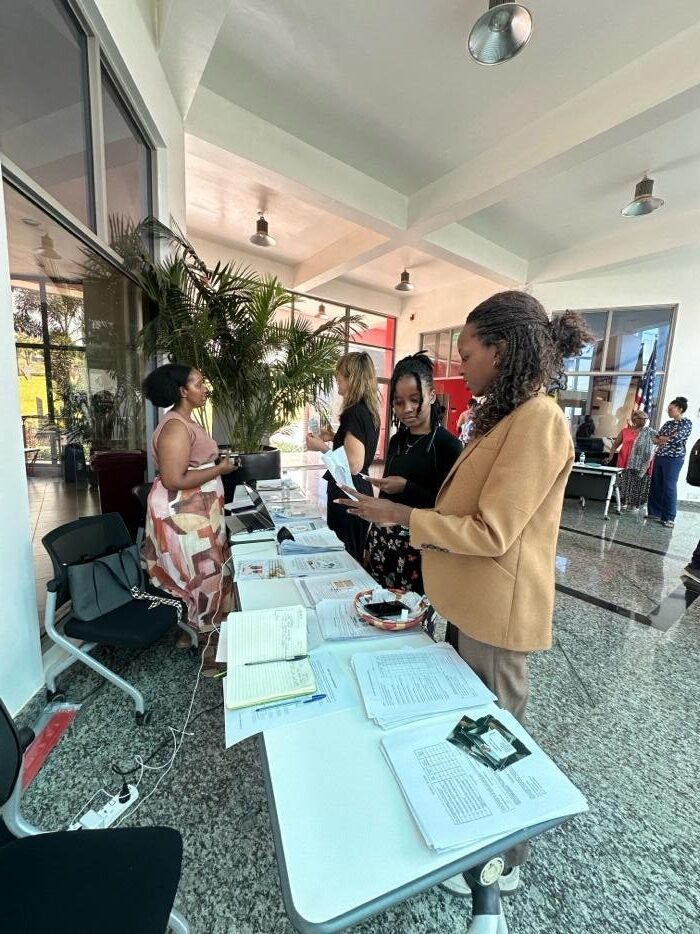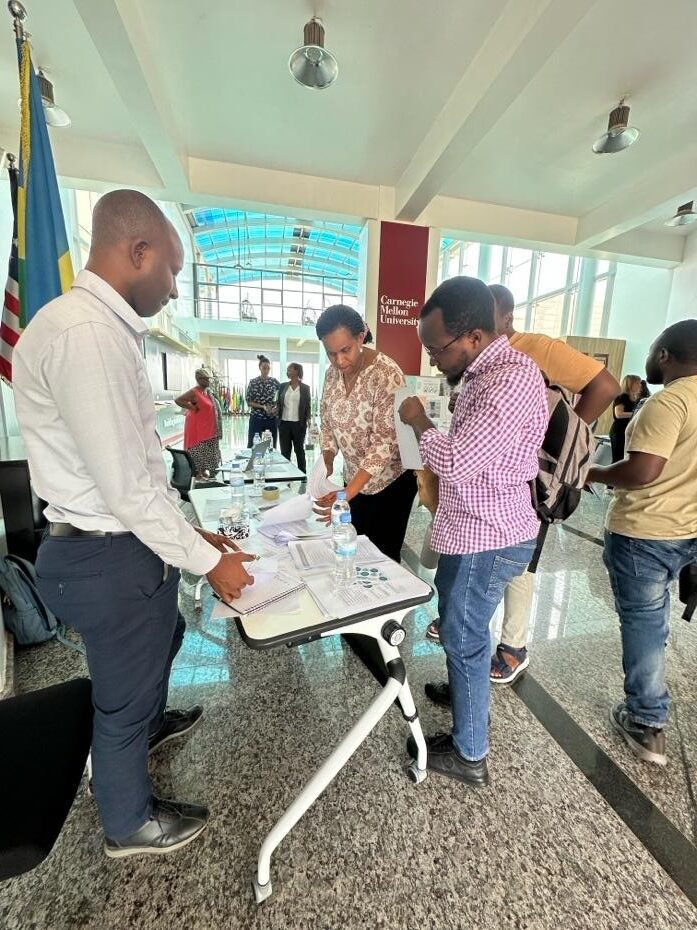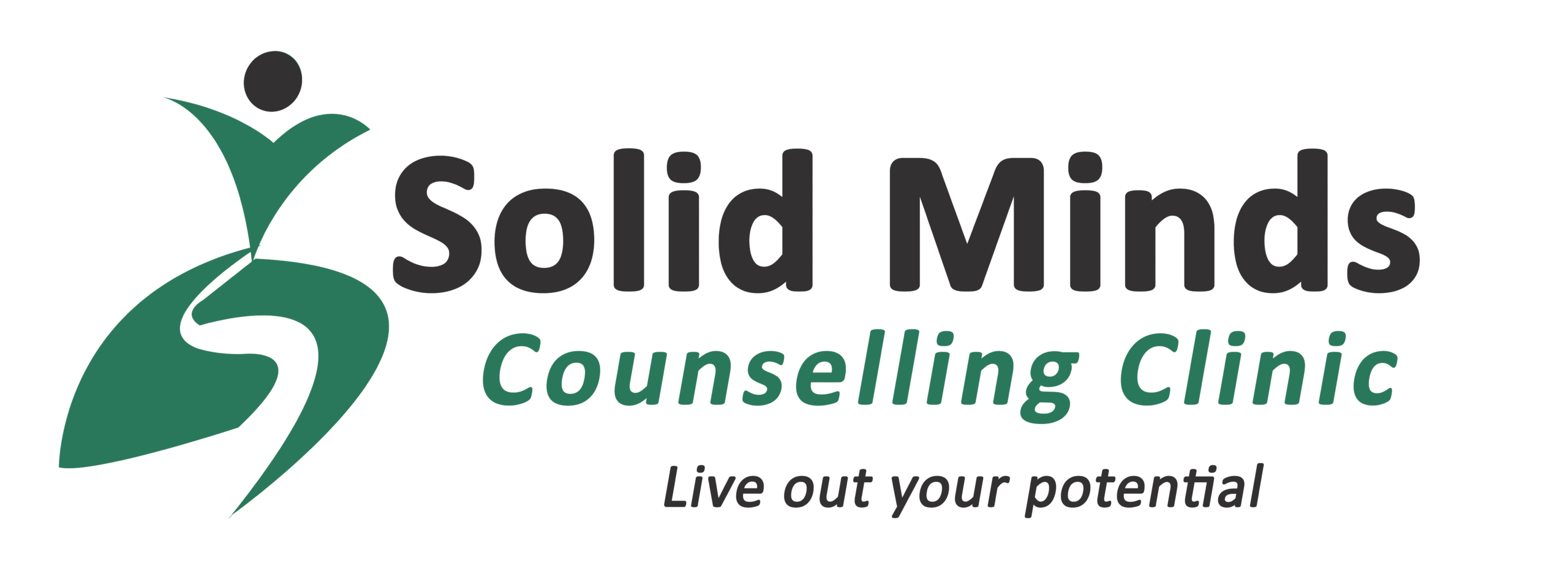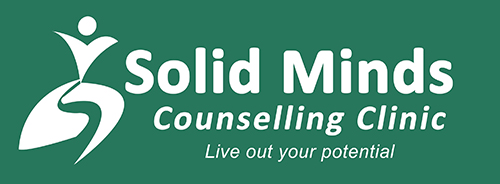On Tuesday, September 9, the Carnegie Mellon University Africa campus in Kigali came alive with a spirit of openness, care, and community during the annual Wellness Center Open House. Organized in partnership with Solid Minds Counselling Clinic, which manages the campus wellness center and also runs the Mastercard Foundation Scholars Program mental health services, the event created a safe and engaging space for students to learn, connect, and reflect on their mental well-being.
Each year, the open house is designed to demystify and normalize mental health conversations and bring wellness services closer to the CMU Africa community. Instead of waiting for a crisis, the event allows students to interact with the wellness team in a relaxed setting, discover available resources, and break down the stigma that often surrounds counselling and therapy. For many, the wellness center might be a place they know exists but feel uncertain about approaching. The Open House concept breaks down hesitation by opening doors to mental health support in a safe, approachable, and engaging way.
“We want to make students realize that we are not just people in the office waiting for a crisis, we are humans too. We want to interact with them and make friends,” explained Justine Mukamwezi, Clinical Psychologist and Clinical Director at Solid Minds Counselling Clinic. “This activity allows us to break the stigma around seeking help and how people view therapists and counselors.”
This year’s event gathered 168 students and staff provided students with valuable exposure to comprehensive mental health assessment tools covering depression, anxiety, mood disorders, self-esteem, personality, and self-care. But perhaps more importantly, it provided something often missing in mental health conversations: human connection, interaction and accessibility.
“When is the deadline?” and “Where do I submit after I complete?” were common questions at the various stands, revealing how students initially approached these tools through an academic lens. However, the beauty of this initiative lies in its privacy-centered approach. These assessments aren’t assignments to be submitted, but personal tools for self-discovery and awareness. The comprehensive nature of these tools means students cannot only identify potential concerns but also understand what type of help they might need, creating a bridge between self-awareness and seeking appropriate support.


The impact of the open house extends far beyond the day itself. Each year, the wellness center records a surge in counseling bookings immediately following the event. For Mukamwezi, this reflects something essential. “Sometimes the only thing needed is to break the silence. When students see the services for themselves, when they realize we are here and accessible, they are far more likely to reach out,” she said.
Psychologists call this the availability heuristic—the idea that people are more likely to act on what is visible and easy to recall. By making the wellness center a living, breathing presence on campus for a day, the open house ensures that when students think of help, they think of the counselors they met, the tools they held, and the conversations they shared.
Beyond the assessments, the open house was about interaction and presence. The wellness team stood shoulder to shoulder with students laughing, answering questions, and sharing stories, reminding them that counseling is not about judgment, but about connection and support.
In a world where mental health challenges are increasingly prevalent among students, CMU Africa’s approach offers both hope and a model for change. It reminds us that behind every scholar is a person who deserves care, understanding, and the space to thrive.


0 Comments